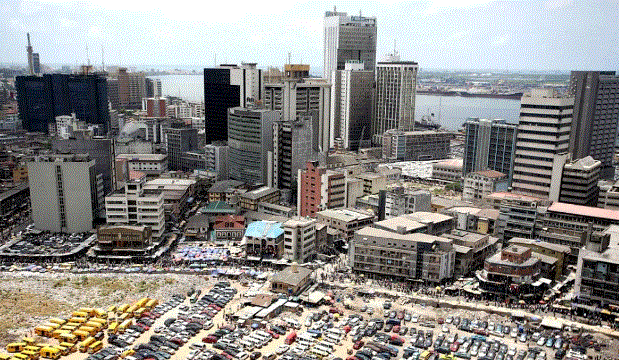The National Bureau of Statistics (NBS) has reported a notable rise in Nigeria’s headline inflation, which increased by 55 basis points to 32.70% year-on-year in September, up from 32.15% in August. This marks a departure from two consecutive months of moderation, driven primarily by rising food prices and transportation expenses.
Food prices, which had been on a downtrend, saw an uptick of 25 basis points, reaching 37.77% year-on-year in September, compared to 37.52% in August. The increase is largely attributed to below-average harvest cycles, exacerbated by recent flooding incidents in key food-producing regions, which are expected to limit supplies further.
Core inflation also experienced a shift, rising by 15 basis points to 27.43% year-on-year. This deceleration marks the first decline in ten months, though core inflation remains high due to several factors, including a significant 50.5% increase in Premium Motor Spirit (PMS) prices, now at NGN855.00 per litre, alongside ongoing naira volatility and heightened transportation costs.
On a month-on-month basis, headline inflation increased by 30 basis points to 2.52%, up from 2.22% in August. Analysts anticipate that food prices will remain elevated in the coming months due to supply chain disruptions from flooding, while the ongoing rise in energy prices and transportation costs is likely to exert upward pressure on core inflation.
Looking forward, the forecast for October indicates that headline inflation could settle at 2.34% month-on-month, leading to an estimated year-on-year inflation rate of 33.49%, reflecting a 79 basis points increase from September’s 32.70%.
As the economic landscape continues to evolve, stakeholders are urged to monitor these inflationary trends closely, particularly the implications for consumer purchasing power and overall economic stability in Nigeria.















